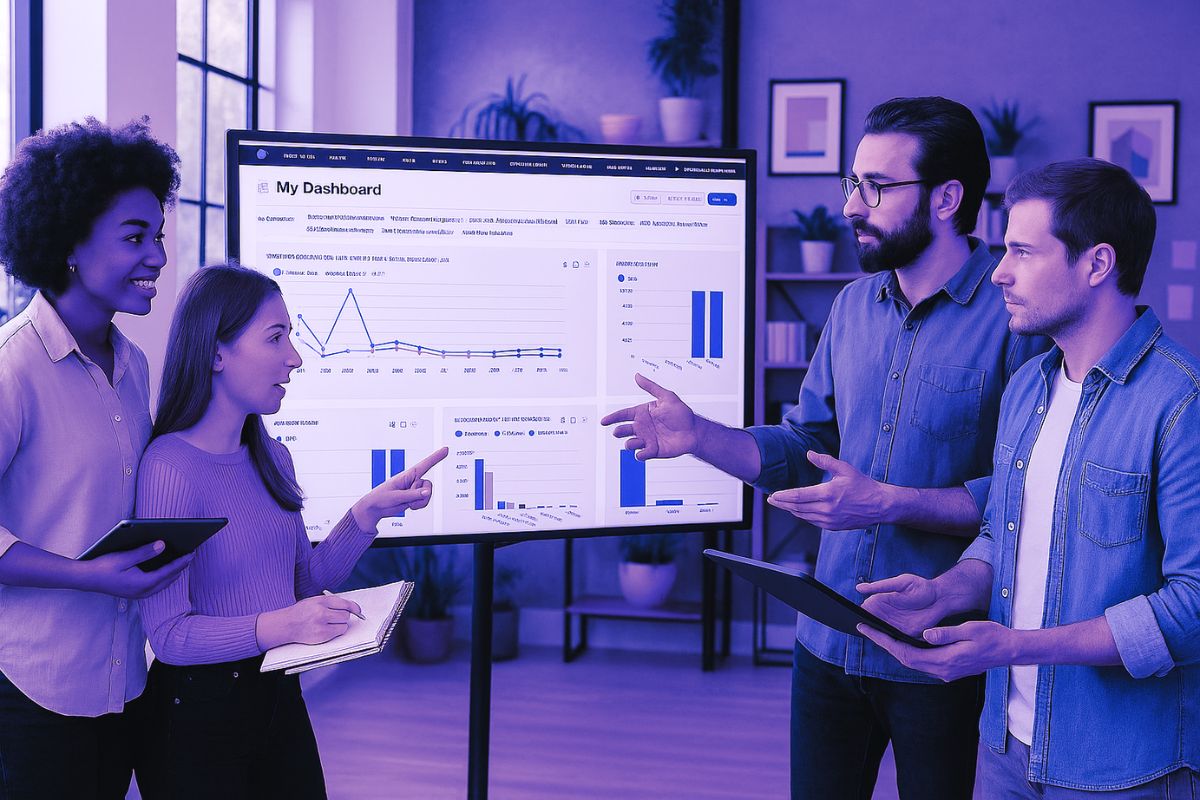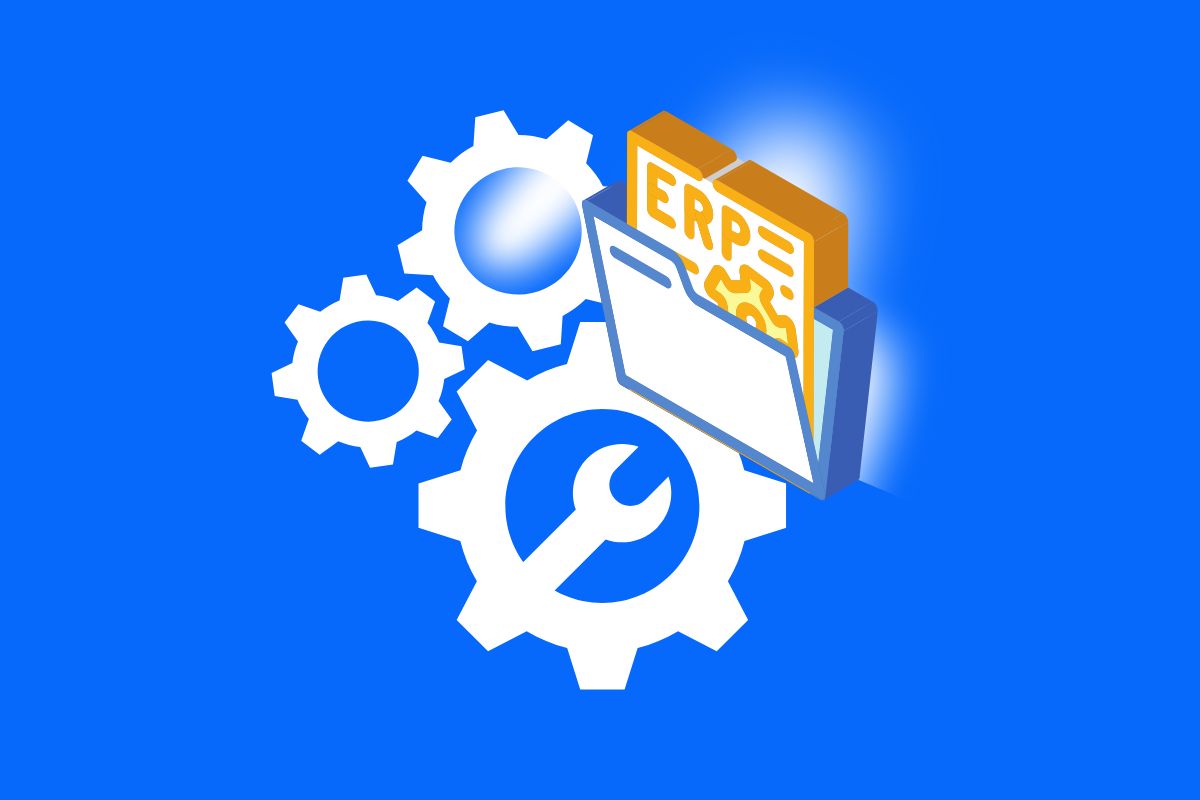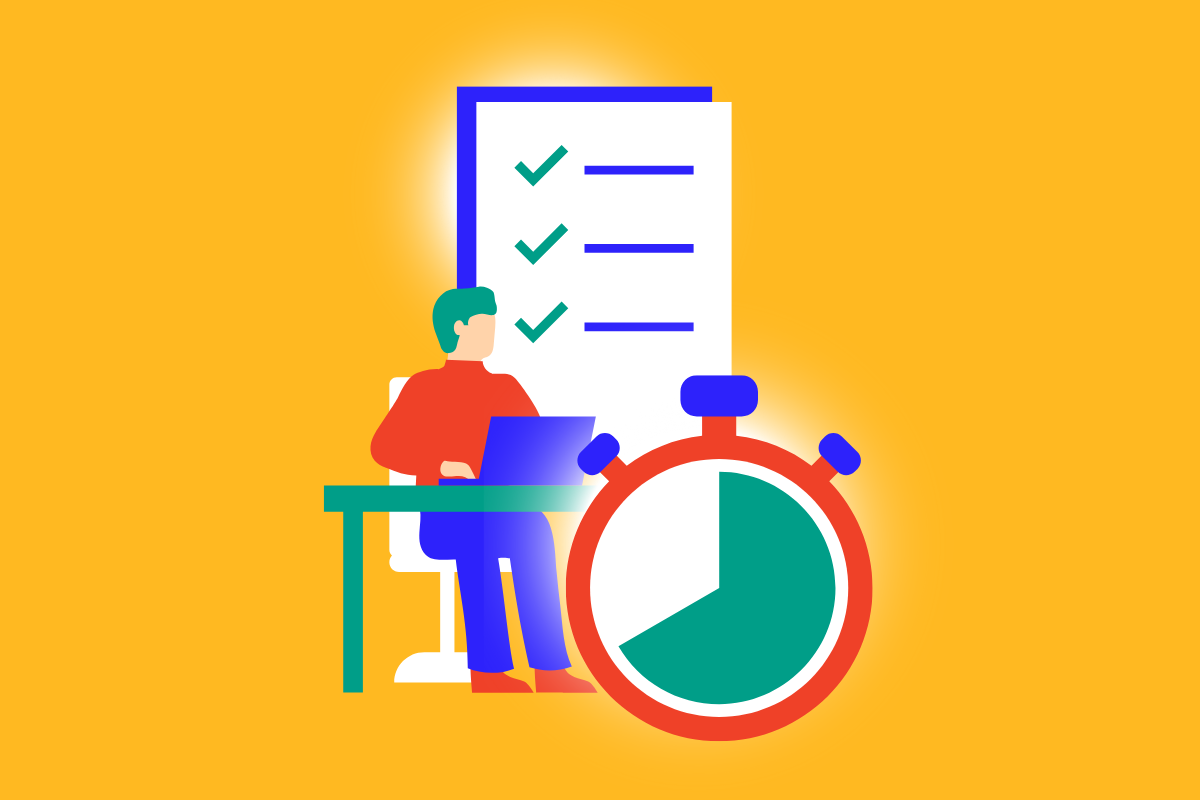When your ERP is built by someone who’s lived your challenges, everything changes. Here’s why agencies benefit from a platform designed by a former agency CFO.
Most ERPs are built with a broad market in mind—manufacturers, distributors, retailers, professional services firms, and beyond. They promise to do it all, from inventory management to HR to payroll, hoping that if they throw in enough modules, everyone will find something useful. The problem? Agencies aren’t “everyone.” We operate differently. Our work revolves around jobs, scopes, deliverables, and margins—not pallets, purchase orders, or production lines. In these systems, the things that matter most to agencies are usually treated as an afterthought.
That’s why Accountability exists. Our founder wasn’t a tech entrepreneur looking for a niche market. He was a working agency CFO, tasked with managing financial health in an industry where the pace is relentless and the margins can be thin. He’s been the person pulling late nights before month-end closes, only to realize key reports were already outdated. He’s been in the meetings where scope creep was obvious to everyone except the data in the ERP. He’s felt the frustration of having to manually reconcile time, expenses, and billing just to figure out if a job was actually profitable.
When you’ve lived those frustrations firsthand, you design differently. You don’t assume “job” is just another word for “project.” You know it’s the heartbeat of the agency’s revenue model, a complex structure that requires visibility into budget, progress, profitability, and WIP—all in real time. You don’t see revenue recognition as something that can wait for a month-end process; you build it to happen continuously, as the work is done. And you understand that multi-entity, multi-currency billing isn’t a “special case” but an everyday reality for global agencies.
This perspective is why Accountability doesn’t try to be an ERP for every industry on the planet. It doesn’t come with a half-dozen modules you’ll never use—no warehouse management, no retail POS, no agricultural yield calculators. Instead, it’s laser-focused on solving agency finance exceptionally well. Every feature, from job-level profitability dashboards to integrated time and expense tracking via Counta, was built to address a real pain point our founder lived with for years. There’s no “translation layer” between your agency’s workflows and the way the system works—it speaks your language out of the box.
And because our founder knew the stakes, speed to value became non-negotiable. Implementation isn’t a year-long slog. There are no external consultants billing by the hour to make the system usable. Our in-house experts—many of them former agency finance leads themselves—get agencies live in under 90 days. By the time you’re onboarding your first jobs, you already have accurate, real-time WIP and revenue recognition working in the background.
This isn’t just about convenience. When you’re an agency CFO or COO, every day you operate without clear, up-to-date financial data is a day you risk making the wrong call—whether that’s over-servicing a client, missing a revenue recognition deadline, or greenlighting a project that’s already underwater. An ERP built by someone who’s been in your shoes eliminates those blind spots. It’s designed to give you the clarity you need to make fast, confident decisions without second-guessing the numbers.
And that’s why having an ERP built by a former agency CFO matters. It’s not just software—it’s a partner in the truest sense. It understands the pressures of balancing creative excellence with financial discipline. It knows that a missed WIP update today can mean an awkward conversation with a client tomorrow. It anticipates the challenges before they happen, because the person who built it has already fought those battles.
Final Word:
If you’ve ever wished for an ERP that “just gets it,” that’s not an accident—it’s the result of designing from lived experience. Accountability was built for agencies like yours, by someone who’s been exactly where you are.








